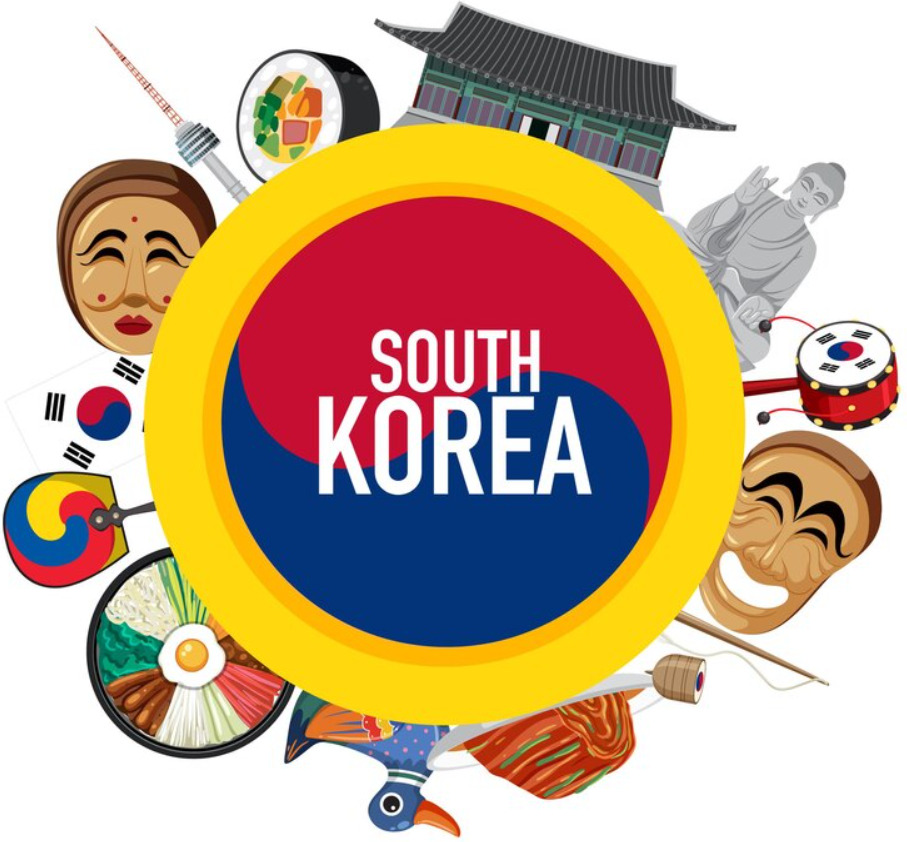Table of Contents
ToggleAs 2026 approaches, people across South Korea are already planning their vacations, family gatherings, and festive celebrations. Public holidays in South Korea play a central role in the nation’s cultural and social life offering much needed rest, time for reflection, and opportunities to honor centuries old traditions. These holidays balance deep respect for history with moments of joy and togetherness.
In this article, we’ll take a closer look at the public holidays and days off that South Korea will observe in 2026, exploring their meanings, customs, and how they shape the rhythm of life throughout the year.
2026 Public Holidays in South Korea
-
New Year’s Day (Seollal) – January 1, 2026
-
Lunar New Year’s Holidays (Seollal) – February 16–18, 2026
-
Independence Movement Day (Samiljeol) – March 1, 2026
-
Buddha’s Birthday (Bucheonim Osin Nal) – May 24, 2026
-
Memorial Day (Hyeonchung-il) – June 6, 2026
-
Liberation Day (Gwangbokjeol) – August 15, 2026
-
Chuseok (Korean Thanksgiving) – October 4–6, 2026
-
National Foundation Day (Gaecheonjeol) – October 3, 2026
-
Hangeul Day – October 9, 2026
-
Christmas Day – December 25, 2026
Public Holidays in Detail
New Year’s Day (Seollal) – January 1, 2026
The year begins with Seollal, the Korean New Year. Families honor ancestors through Charye (memorial rituals) and share Tteokguk (rice cake soup), symbolizing good fortune and longevity. It’s a time for reflection, joy, and renewal as South Koreans prepare for a prosperous year ahead.
Lunar New Year’s Holidays (Seollal) – February 16–18, 2026
The Lunar New Year is one of Korea’s most significant celebrations, lasting three days. Families reunite to pay respects to their ancestors, wear traditional hanbok, and play folk games like Yutnori. With travel, feasts, and cultural rituals, this holiday is a cornerstone of Korean heritage and family life.
Independence Movement Day (Samiljeol) – March 1, 2026
Commemorating the March 1st Movement of 1919, this day honors those who resisted Japanese colonial rule. Nationwide ceremonies, flag displays, and exhibitions reflect South Korea’s enduring spirit of independence. It’s a day for reflection, pride, and gratitude for freedom.
Buddha’s Birthday (Bucheonim Osin Nal) – May 24, 2026
Temples across South Korea glow with colorful lotus lanterns to celebrate the birth of Buddha. The air fills with chants, offerings, and community gatherings promoting peace and compassion. Whether religious or not, many enjoy the beauty and tranquility of this national holiday.
Memorial Day (Hyeonchung-il) – June 6, 2026
On Memorial Day, Koreans honor the soldiers and civilians who sacrificed their lives for the nation’s peace and freedom. The main ceremony at the National Cemetery in Seoul includes a nationwide moment of silence at 10 a.m. It’s a solemn day of remembrance and gratitude.
Liberation Day (Gwangbokjeol) – August 15, 2026
Liberation Day marks Korea’s freedom from Japanese occupation in 1945. It’s a celebration of national pride, unity, and resilience, featuring parades, concerts, and the raising of the Taegeukgi (national flag). Many South Koreans take the day off to reflect on the nation’s journey toward independence.
Chuseok (Korean Thanksgiving) – October 4–6, 2026
Chuseok, one of the most beloved Korean holidays, celebrates the autumn harvest and honors ancestors. Families gather for Charye, prepare traditional foods like Songpyeon (rice cakes), and wear hanbok. Roads and train stations buzz with travelers heading home for this three-day celebration of gratitude and family.
National Foundation Day (Gaecheonjeol) – October 3, 2026
This holiday commemorates the founding of the Korean nation by Dangun, a legendary figure in Korean mythology. Although modest compared to other holidays, it’s an important day for reflecting on Korea’s long and proud history.
Hangeul Day – October 9, 2026
Hangeul Day celebrates the creation of the Korean alphabet by King Sejong the Great in the 15th century. It’s a day of cultural pride, with exhibitions and educational programs highlighting the beauty and importance of the Korean language. Many people enjoy a day off to celebrate linguistic heritage.
Christmas Day – December 25, 2026
While not a traditional Korean holiday, Christmas has become a popular cultural celebration, especially in cities. Streets light up with decorations, and families and friends exchange gifts or enjoy festive dinners. For Christians, church services mark the occasion with reverence and joy.
Conclusion
South Korea’s 2026 public holidays beautifully blend tradition, spirituality, and national pride. Each holiday tells a story of remembrance, gratitude, and celebration. From the heartfelt customs of Chuseok and Seollal to the unity of Gwangbokjeol, these special days allow South Koreans to pause, reflect, and connect with their heritage and with one another.
